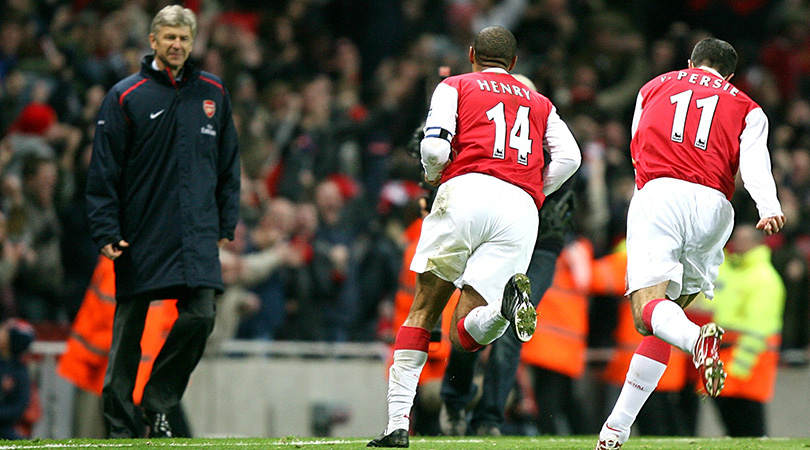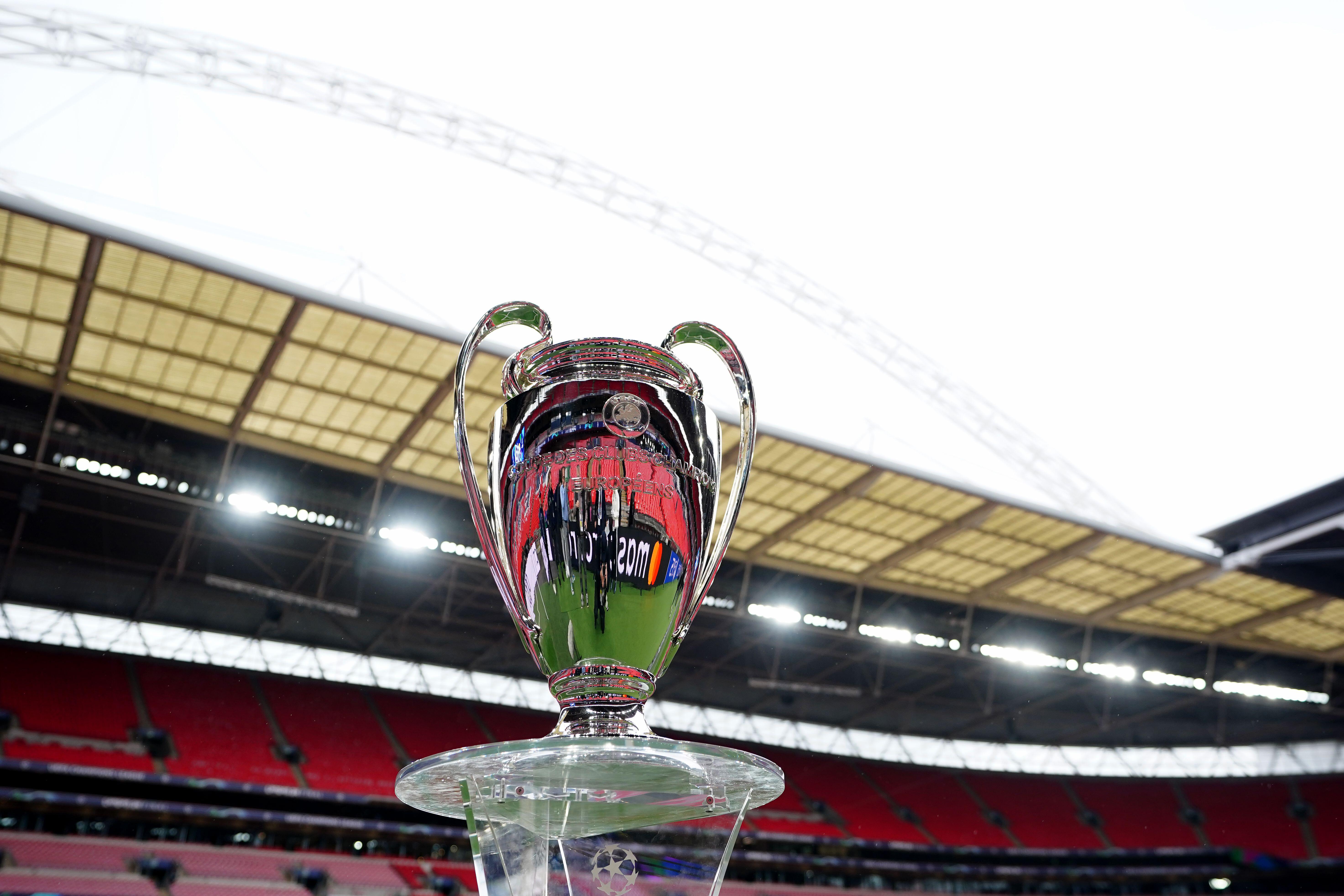Why Rafa Benitez is a legitimate manager of the season contender
Keeping Newcastle clear of relegation – and well clear at that – is easily among the season's finest achievements, writes Alex Hess
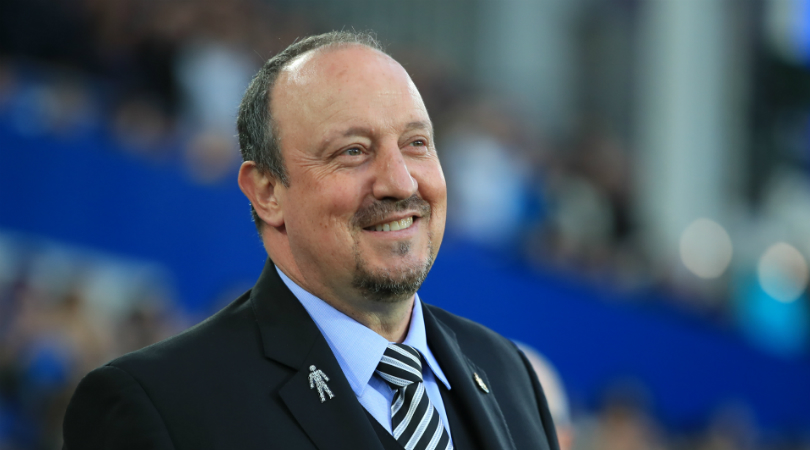
"In Italy, for 30 years under the Borgias, they had warfare, terror, murder and bloodshed – but they produced Michelangelo, Da Vinci and the Renaissance,” explains the villainous Harry Lime in classic cold-war thriller The Third Man. “In Switzerland they had brotherly love, they had 500 years of democracy and peace, and what did that produce? The cuckoo clock.”
It’s fair to say that Rafael Benitez, a man who famously has little time for anything other than football, has probably not seen Carol Reed’s 1949 masterpiece, but Lime’s theory is one that might strike a chord with a man who tends to do his best work when times are most turbulent. At Valencia he won two league titles working for a board that he couldn’t stand; who bought him a lampshade when he asked for a sofa.
At Liverpool he put together the club’s best team of the modern era and mounted an unlikely title charge, taking Alex Ferguson's greatest team right to the wire, while waging open warfare with the club’s American owners. Now, at Newcastle, he is working minor wonders under the stewardship of a chairman for whom he seems to feel only contempt and who had, until Benitez intervened, single-handedly reduced one of football’s most buoyant fan bases to acrimony and despair.
Open to interpretation
The manager of the year has always been in the eye of the beholder, but never more so than now. The hierarchy of the Premier League is so rigidly separated that it is now impossible to fairly equate the feats of managers operating within different levels. Remits and resources are so wildly divergent that to compare the jobs done by Pep Guardiola and Sean Dyche, or by Jurgen Klopp and Chris Hughton, is a folly.
What’s less unclear, though, is the fact that any conversation around the season’s outstanding coach should include the man who had, by Easter, guided the league’s most tempestuous club into the serenity and security of mid-table.
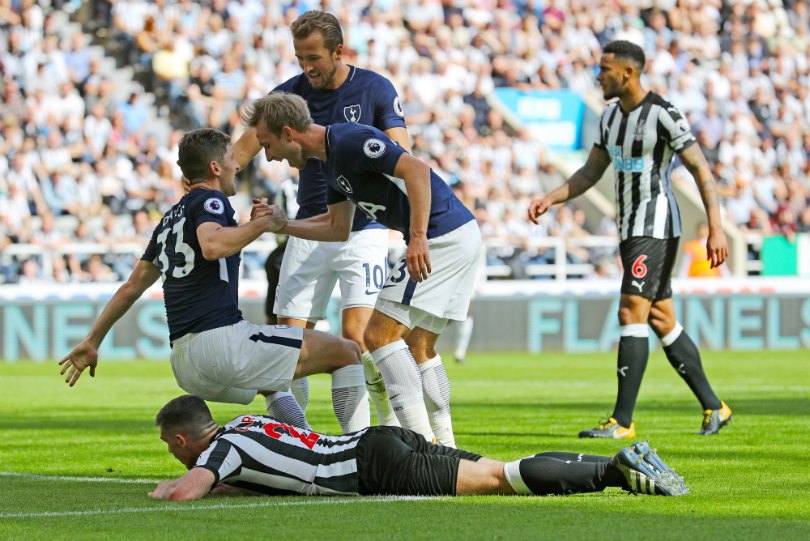
Rewind to August, and any Newcastle fans who still saw their club as holding a divine right to Premier League status had seen their delusion shattered by yet another a summer of Ashleynomics. On the eve of the new season, the Newcastle Evening Chronicle reported that Benitez and Ashley hadn’t spoken since May. In the intervening weeks, Newcastle had tried – and largely failed – to bolster a patently Championship-level squad.
Get FourFourTwo Newsletter
The best features, fun and footballing quizzes, straight to your inbox every week.
Tammy Abraham and Willy Caballero, hardly overly-ambitious targets, were among the prospective signings that had fallen through once cheques needed signing. Jacob Murphy, Florian Lejeune, Javier Manquillo and Joselu were the only successful recruits. Newcastle were well outspent by their two fellow promoted clubs in both net and gross terms. Most worrying of all, Benitez’s squad remained glaringly bereft of that most vital of components: a decent goalscorer.
“When we turn up at the ground, I fully expect there to be banners at every turnstile proclaiming ‘Abandon hope all ye who enter here,’” wrote one columnist for The Mag, a Newcastle fanzine. After the team’s first two games of the season yielded neither a goal nor a point, against Spurs and Huddersfield, such fatalism appeared well-founded.
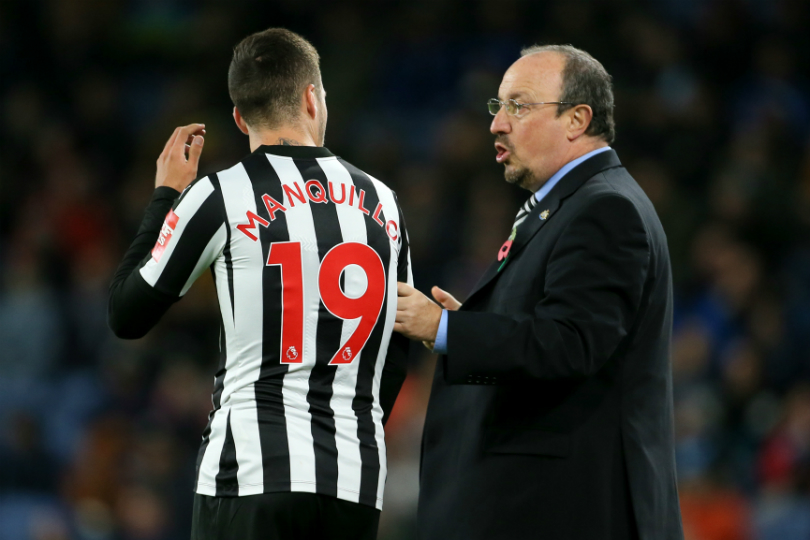
When the transfer window shut, a familiar sight arrived: a belligerent Benitez using a press conference to launch passive-aggressive barbs at his employer. “We were not demanding crazy things,” he said. “This summer I was expecting other things, but OK, we don't have those things so now we have to move forward. I will do my best.”
Odds on his sacking were quickly slashed.
Yet from that discontent has sprung a season of quiet brilliance. Benitez hasn’t just kept a second-tier squad in the top division, he has done so at a canter with a month of the season left to play. That too, has come in spite of the failed takeover that came and went at the season’s midway stage, along with yet another transfer window of grim parsimony.
A struggle for balance
Benitez’s team have defied received wisdom en route to a likely top-half finish. In a league awash with money, he has kept his club afloat on a shoestring. In a sport whose chief currency is goals, he has survived on a relative dearth. And in a climate where the secret to success is said to be a harmonious hierarchy – the same, holistic vision stretching from dugout to boardroom – Benitez has produced a season of soaring overachievement in the face of stewing discord.
His first trick was to turn the side’s lack of goals into something approaching a virtue. One analogy beloved by Benitez is how a football team is like a “short blanket” – a constant struggle for balance between defence and attack – and this season he has not allowed himself to worry too much about the latter. Rafa may have spent much of the season with his shoulders constantly exposed to the cold night air, but his feet have never been less than snug. In other words, Newcastle might find goals hard to come by but they also have the best defensive record outside the top seven (they better Arsenal's too).
At the heart of that defence has been Jamaal Lascelles, who was handed the club captaincy by Benitez aged 23 and now stands as the clearest single success story of the Spaniard’s time in charge thus far. Lascelles has been magnificent this season, a leader by both instruction and example, and perhaps the single most influential player in the league – from the five matches he has missed through injury, Newcastle have gathered just one point; with him on the pitch, the team’s record hits a perfect equilibrium: won 11, lost 11, drawn seven.
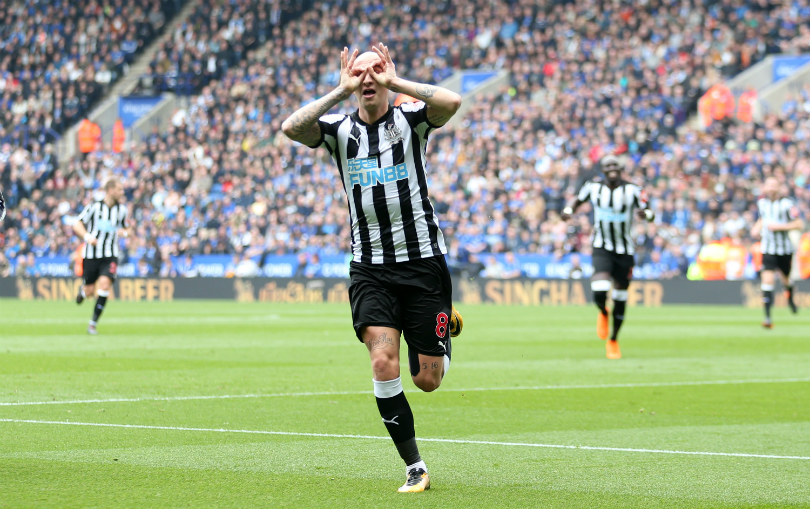
If Newcastle’s defensive fulcrum stands as an outside bet for England’s World Cup squad, so does the team’s most creative player, Jonjo Shelvey. Like another midfielder with a penchant for Hollywood balls and video-nasty tackles, Shelvey is fast beginning to fulfil his substantial promise under Benitez. Sent off twice in the first half of the season, he has not received so much as a yellow card since the turn of the year, during which time his sweeping passes have put both Manchester United and Arsenal to the sword.
Of Benitez’s training-ground triumphs this season, those are merely the two most obvious. There’s also been his remoulding of Ayoze Perez into an elusive, between-the-lines No.10 and his coaxing of consistency from Mo Diame. And there have been few smarter uses of the transfer market this year than his January loan signings of Kenedy and Martin Dubravka.
But to focus on the tangibles, the specifics, is to overlook the grander and more fundamental work that Benitez has done at a club that, before his arrival, was slipping into soullessness; whose stadium had become a shrine to corporately coerced apathy. Like Valencia and Liverpool, Newcastle is a provincial city that defines itself against the establishment in the capital, and whose football club is even more embedded in its community than most.
A long way to go
Like at Valencia and Liverpool, Benitez – a man famously hard to like; a man whose people skills are notoriously suspect; a manager whose Achilles heel is his hard-hearted aloofness – has garnered instant adoration from a city’s worth of supporters. He has rejuvenated a proud old ground and galvanised an entire fan base into believing again.
Not all is rosy at Newcastle, and no one will be more aware of that than Benitez. But for the first time in a long while, things are beginning to seem halfway hopeful. The ennui has dissipated. For the first time in a decade the man in the dugout is not an adversary, patsy or company man, but a figure of genuine affection; an emblem of togetherness. Whisper it, but Newcastle fans might even be enjoying their weekends again.
There’s plenty of managers who have done more eye-catching jobs than Benitez this year, and some who might even have done better ones. But there are none whose work has been as important. Not even close.
